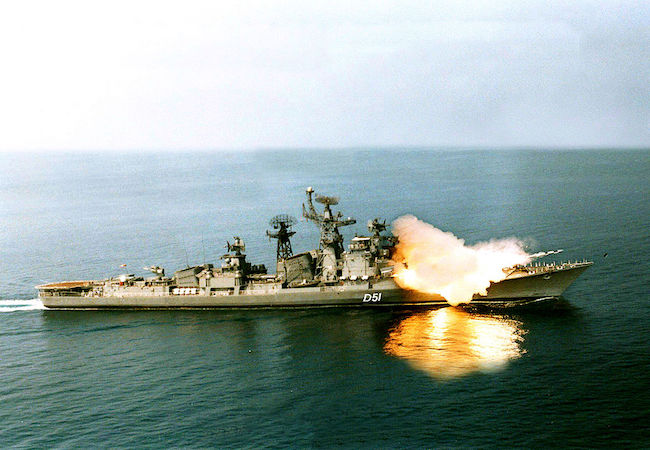The elections of India and Pakistan determining the stability and security of the South Asian region

By Srimal Fernando and Megha Gupta
The Indian general election of 2019 will be a decisive mark in the context of South Asia’s overall security. Upon entering office in 2014, Prime Minister Modi has strengthened the defense and foreign policy goals with its neighboring countries, to usher in a new level of stability in the region. Since India is a major power player in the South Asian region, the 2019 elections, will pose challenges as well as provide opportunities for India and its neighbors. Also, the recently held elections in Pakistan will be a questionable point for the neighboring countries to frame their defense strategies. With this coming of the current government in Pakistan will India be able to counterbalance its power position in this region?
India in the past four years has consolidated its defense policies by increasing its defense budget from $37 billion to $52.5 billion and also through modernizing its air defense systems and the maritime capacities. The commissioned INS Vikramaditya aircraft carrier, submarines and the battleships of the Indian Navy are also to change India’s security dynamics to counterbalance the maritime security order in this region. Andaman, Nicobar and Lakshadweep islands are also key naval strategic points especially on the southern maritime boundaries of India, responsible for stabilizing the security environment of the Indian Ocean.
Similarly, during the tenure of the former Prime Minister of Pakistan, the defense budget has increased to 19.6%, which is bolstering their regional position as a military power. Furthermore, Pakistan’s nuclear and naval capacities consisting of submarines with cruise missile abilities could counterbalance India’s defense strategies in the western half of the Indian Ocean’s maritime boundaries. Also, the recent engagement and the Pakistan’s alignment with Maldives is challenging India’s defense and foreign policy engagements with its South Asian neighbors. Maldives being a strategically located small island nation, has got defense support from China and Pakistan in the recent years which is causing a serious threat to the maritime order in this region. The image of political instability and the widespread consensus about the legitimacy of the Yameen Gayoom’s government is a concern to India. Both India and Maldives have displayed evidences of weak ties which needs to get settled through a meaningful dialogue.
India’s foreign policy towards Maldives has varied and as a result of this shifting political winds the nervous rivalry between India and Pakistan has made India develop a new approach towards its island neighbor, Sri Lanka, by increasing its defense engagements with this country. After the Sri Lankan civil war had ended a total of 368 battleships from various countries had visited the strategically important neighbor of India. Sri Lanka spends 7% of its government expenditure on the defense budget and in which maritime security is a key area where the island nation is planning to increase its battleship capacity. Also, India gifting the two offshore patrol vessels worth $150 million to Sri Lanka and the enhancing of the maritime surveillance between these two countries is a key indicator of India’s maritime balancing act in this region.
To keep this stability going, major powers such as US and Russia are supporting India to purchase advanced air defense systems and past several years India has signed more than sixty contracts with foreign vendors such as Russia, Israel, US and France for the procurement of defense equipment for armed forces.
As scholars it is argumentatively correct to say that small neighbors such as Sri Lanka and Maldives in the politics of domestic arena shouldn’t side with any of these power centers. The policymakers and the politicians of these island nations should make sure that these countries stay neutral to keep the stability going in the region. Since the election are forthcoming and ongoing in India and Pakistan, it is important for Sri Lanka and Maldives to bring some kind of consensus through South Asian Association of Regional Cooperation (SAARC) to reduce tensions between these rival countries and keep the external powers such as China, US and Russia out of the influence in this region.
The first priority of these South Asian nations should be to uplift their country and create jobs instead of focusing on defense. Whilst as a secondary priority should be defense in which maritime security should be a requirement for the internal stability of these countries. The big powers such as India and Pakistan should work out a progressive pathway to prosperity where this relation will not only stabilize the defense and economy in their own country but also provide stability to the entire region. Through a dialogue, this will benefit the regional member states economically and militarily to improve further at a time when there are elections facing all the four countries.
Srimal Fernando a Research Scholar at Jindal School of International Affairs(JSIA) , India and an editor of Diplomatic Society for South Africa and Megha Gupta, a Scholar of Masters in Diplomacy, Law, Business at Jindal School of International Affairs, India.




